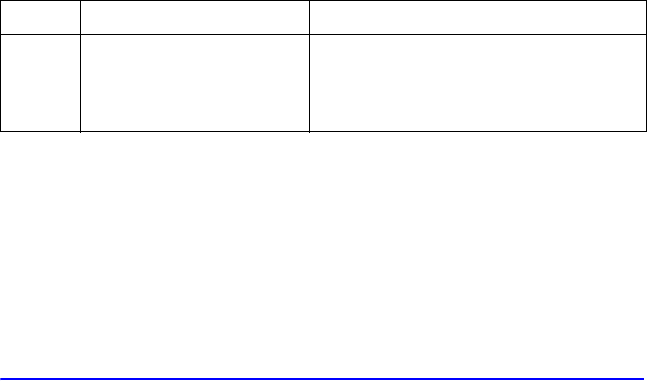
Getting Started 1-21
For commutative operations such as and , the order of the operands does
not affect the calculated result. If you mistakenly enter the operand for a
noncommutative two argument operation in the wrong order in RPN mode, simply
press the key to exchange the contents in the x- and y-registers. This is
explained in detail in Chapter 2 (see the section entitled Exchanging the X- and Y-
Registers in the Stack).
Controlling the Display Format
All numbers are stored with 12-digit precision; however, you may control the
number of digits used in the display of numbers via the options in the Display menu.
Press
8 to access this menu. The first four options (FIX, SCI, ENG, and
ALL) control the number of digits in the display of numbers. During some
complicated internal calculations, the calculator uses 15–digit precision for
intermediate results. The displayed number is rounded according to the display
format.
Fixed–Decimal Format ()
FIX format displays a number with up to 11 decimal places (11 digits to the right of
the "" or "" radix mark) if they fit. After the prompt _, type in the number of
decimal places to be displayed. For 10 or 11 places, press
or .
For example, in the number , the "7", "0", "8", and "9" are the
decimal digits you see when the calculator is set to FIX 4 display mode.
Any number that is too large (10
11
) or too small (10
-11
) to display in the current
decimal–place setting will automatically be displayed in scientific format.
Key In RPN, RPN Program In ALG, Equation, ALG Program
y
x
^
x √ yXROOT(, )
INT÷
IDIV(, )


















